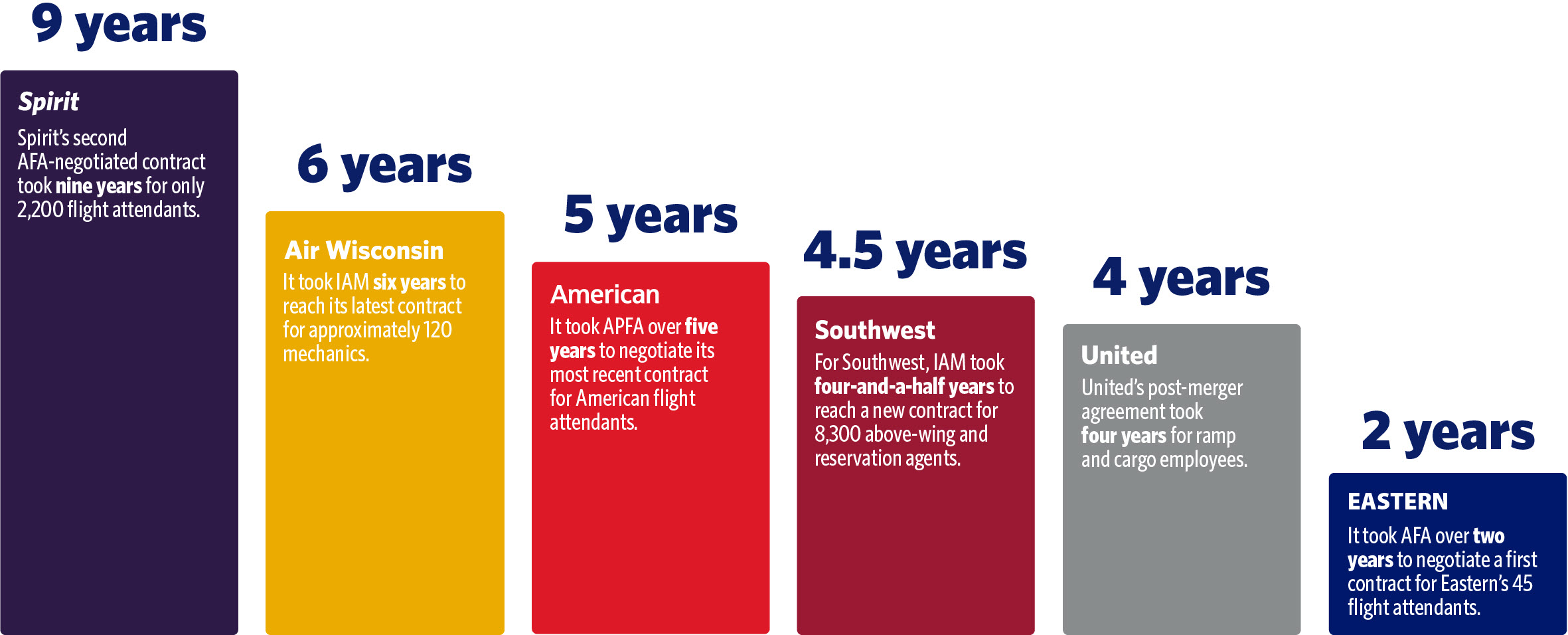What is an A-Card?
If a union wants to organize a group of employees at an airline, the first step is collecting enough Authorization Cards (A-Cards) to file an application for an election with the National Mediation Board (NMB), a U.S. agency that oversees labor-management relations in the railroad and airline industries.
Every Delta employee has the right to choose or reject union representation. Delta has not only the right, but the responsibility, to make sure our employees have the facts: both the benefits of what we have today, and the potential impact a union could have on our future.
Before you sign an A-Card, consider these facts:
It is not simply a request for more information. A union can call for an election to represent an entire workgroup at Delta if at least 50% of eligible employees in that group sign A-Cards.
The union has zero obligation to return your A-Card – even if you change your mind and ask for your card back.
The NMB has to review and validate A-Cards, conduct a secret ballot election, tally votes, and report out the results. Afterward, either party can file a claim if they believe there were problems with the election and the NMB will investigate and issue a decision. During this entire process, not much would change about your work-life at Delta.
For perspective: During the Delta-Northwest merger, numerous workgroups rejected union representation, including flight attendants (AFA), below-wing agents (IAM), and above-wing and reservations agents (IAM). The election process plus the follow-up NMB investigation that followed these elections took nearly 1.5 years before we knew the final outcome.
If life with a union turns out to be less than what you hoped for, it would be nearly impossible to restore your direct relationship. This is because there is no simple way for employees to return to non-union status after a union is certified. We have not seen it happen with any workgroup even half the size of those at Delta.
Understand How Union Negotiations Work
Negotiations in the airline industry are often lengthy and given the size of Delta and complexity of our operation, we could expect the same here. No one, including a union or Delta, knows how long negotiations would take.
For example, take a look at how long negotiations took for flight attendants and ramp and cargo employees at various airlines.

Understand Union Dues
With AFA and IAM, whether you are just starting your career or are at the top of the pay scale, your dues could amount to hundreds of dollars a year.
AFA-represented flight attendants pay $50 in dues every month – that’s $600 per year.
IAM-represented employees’ dues vary based on their local lodge. For example, IAM members of Local Lodge 1726, which represents members from United, American, Southwest and Alaska in much of New England, including BOS, saw an increase in dues to $82.50 in 2024 - adding up to almost $1,000 per year.
With Teamsters, monthly dues are two-and-a-half hours of base pay monthly. So, for a TechOps employee just starting their career, this would be $75 per month. At top-of-scale, monthly Teamsters dues would equal $128 – more than $1,500 per year.
